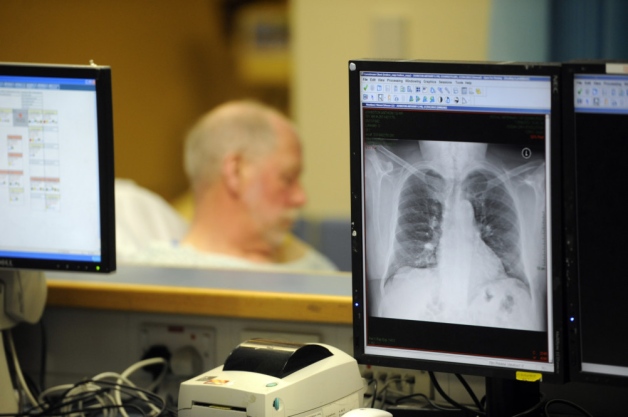Government Grants
Business Grants
Home Owner Programs
Federal Programs
About Us
Page 2
Opportunity Zones provide three benefits with respect to local community and economic development.
- They offer an ability to act as a convening agent for a diverse array of stakeholders in thinking about community-level investments.
- Opportunity Zones additionally provide a tax incentive for capital gains.
- They also provide preferential consideration in federal grants, loans, and technical assistance programs.
In this talk, head of the Economic Innovation Group, John Lettieri, talks about the "forgotten zip codes" across America, and how Opportunity Zones can allow them to thrive. John's career in public policy has included time in both the public and private sectors working with a diverse set of policymakers, entrepreneurs, investors, and global business leaders. |
|
|
Communities have seen all three of these benefits leveraged in a variety of ways to support a multitude of projects, from affordable housing and healthcare to small business development and renewable energy.
For communities to achieve the maximum benefit from the Opportunity Zone program, states and investors must be committed to the original intent of Opportunity Zones and endeavor to support impactful projects that incorporate community input and align with social impact goals.
What Are Opportunity Zones
Back to Page 1
About The Author Michael Saunders is an editor of TopGovernmentGrants.com. He edits a site on Community Foundations that highlights the Social Progress Index for Counties around the country and Opportunity Zones within these foundations' areas of coverage. |
Additional Government Grants Resources
Planning Grants for Hubs of Interdisciplinary Research and Training in Global Environmental and Occupational Health Project
The National Institutes of Health has collaborated with the Centers for Disease Control and Prevention (CDC) to establish the Planning Grants for Hubs of Interdisciplinary Research and Training in Global Environmental and Occupational Health Project.
Health Resources and Services Administration's Licensure Portability Grant Program
The Health Resources and Services Administration has constituted the Licensure Portability Grant Program (LPGP) wherein they aim to improve the experience of State licensing boards that have manifested a credible record in implementing cross-border activities in order to help overcome licensure barriers in the provision of telemedicine services across various States.
Jail Resource Management: Review and Revision Program
The Federal Bureau of Prisons has recently constituted the development of the Jail Resource Management: Review and Revision Program wherein it intends to solicit applications for the revision of its existing Jail Resource Management Training Program.
Laura Bush 21st Century Librarian Program
The Laura Bush 21st Century Librarian Program revolves around improving then country's information infrastructure through the utilization of funding projects that are designed to address the education and training needs of certain professionals who help build, maintain and provide the public with immediate access to some of the world's vast and wide-ranging information systems and resources.
Grants from the US State Department for Media Training Workshops in Tunisia
The office of the US Mission to Tunisia, which is under the DoS, is seeking applications for the Media Training Workshops program for the Tunisian people through the The US Embassy in Tunis, Tunisia.
Urban Rehabilitation Homeownership Program for Homebuyers in Connecticut
The Connecticut Housing Finance Authority, otherwise known as CHFA, is an independent quasi-public housing agency operating within the State of Connecticut that was established in 1969 in an effort to lessen or alleviate the hurdles regarding the lack or insufficient supply of affordable housing opportunities for Connecticut’s low- and moderate-income families and individuals.
Common Bean Productivity Research for Global Food Security Competitive Grants Program
In keeping with this mission, the National Institute of Food and Agriculture has recently established the Common Bean Productivity Research for Global Food Security Competitive Grants Program in an attempt to develop approaches and methods that can efficiently address the various challenges facing common bean (Phaseolus vulgaris) production among small holder producers in food insecure countries.
Social Entrepreneurship
Spotlight
Social Enterprises: Key to Enhancing a Nation’s Health

Glasgow Caledonian University (GCU) has launched a series of noteworthy research projects to learn if social enterprises can help Scotland lose its “sick man of Europe” label and boost the nation’s overall health.
